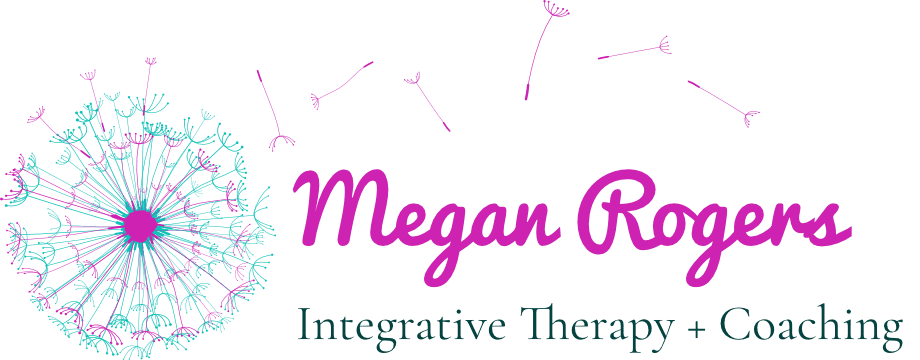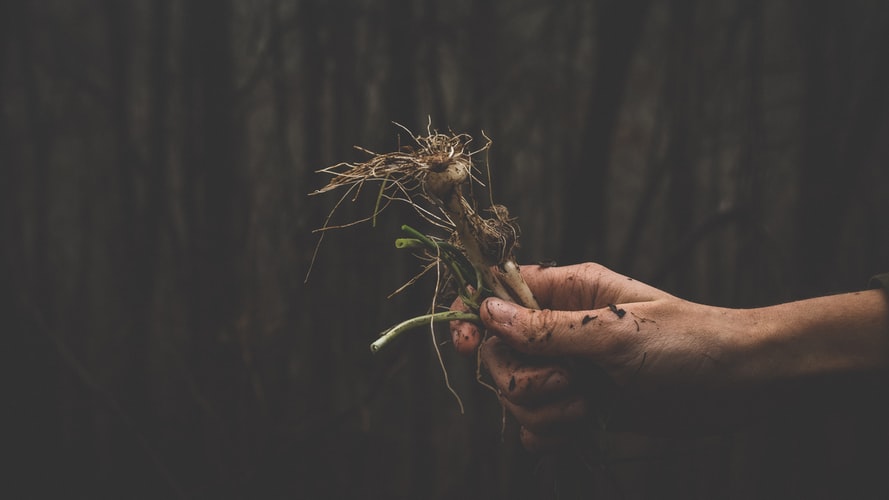Alcohol is a drug, and a powerfully addictive one at that.
Yes, it’s very obvious, often ignored, and surprisingly controversial. I just want to be clear on that scientific fact, and to be clear on where I stand – just in case you’re new here.
Take a minute and think about what comes to mind when you hear the word “drug,” or “addiction,” or “addict.” Are you aware of your biases, beliefs, assumptions? Is addiction a disease? A personal or moral failing? Is it the result of weak willpower? Lack of strength? An easy way to check out? Avoid life? All of these things?
What comes to mind when you think “alcohol?” Booze, wine, beer? For you, maybe parties, patios, fun? Friends, happy hours, going out? Relaxing, celebrating, rewarding? But “alcoholic?” I’d bet money that adding two letters to the word changes your associations completely.
What are the root causes of gray area drinking? Curious? Let’s honestly explore.
Regardless of how (and where) you view yourself on the drinking spectrum, I wonder if we can all agree that drinking alcohol serves some sort of purpose. That it fulfills some kind of need. Even when we experience fairly common negative consequences (hangovers, blackouts, arguments, restless sleep, lost keys), most of us cling to drinking as if booze were our first-born child. Some inherent right of being human. Something we can’t live without. When we stop and think about the root causes of gray area drinking, many of these thoughts come to mind:
Oh no, I could never give up alcohol entirely. What would I do about…
- Stress, unwinding, relaxing, falling asleep?
- Work events, happy hours, socializing?
- Birthdays, weddings, vacations, concerts?
- Dinners, brunches, sporting events, dating?
- Social awkwardness, anxiety, depression?
The list goes on and on.
Somewhere on the path to growing up, for most of us, alcohol became inexplicably intertwined with living an adult life.
Just living, period. We believe we need it, that it’s necessary for both our enjoyment and despair – and everything in between. And on the surface, it sure serves a function, doesn’t it? It really does seem to help with all these things, stress- or enjoyment-related. It’s the apparent effectiveness of this substance that keeps us coming back. It works!
But what I’ve come to realize, though my own journey to sobriety, combined with my own self-reflection, mindfulness, and honesty, is that alcohol’s “working” exists only as a band-aid. In reality, it doesn’t address the root causes of gray area drinking or of any of the things we use it to address, help, or fix. (To be fair, that’s an awful lot of pressure, an awful lot of things for a liquid to try to fix!)
Alcohol covers up these things even further, and deceives us in the process, because we think we (us + booze) are handling it, whatever “it” is. (Not to mention, usually makes these things worse in the long run, but that’s a topic for another blog!)
In my studies in functional medicine, which I also think of as root-cause medicine, we are trained to ask the question, “what’s going on in there?”
Meaning… what is happening? What is this sign or symptom trying to say, what’s the message? In my work as a psychotherapist, we also may spend quite a bit of time digging into root causes – of depression, anxiety, self-esteem and relationship struggles. With physical and emotional stuff, there’s almost always more than meets the eye.
And so why should alcohol consumption be any different? Even for people who don’t identify as “alcoholic,” but for most people who use drinking as a way to cope, celebrate, relax, socialize, etc. What is the root cause of that? Does alcohol actually fix it, make it better, truly? Does it get to the source? Drinking becomes so habitual, routine, and expected over the years. We are so smart about so many things, but we almost never think about this.
In moments of honesty, most of the gray area drinking women I work with (and I can relate to this personally as well) will tell me that either a) as adults, they have few coping skills (heck, even hobbies or activities) that don’t involve drinking, or b) they have some, but nothing works as well as a glass of wine. And that makes sense. If that’s been your main go-to for a few years or a few decades, it makes sense that wine works better for your stress than, say, deep breathing.
So, I think there are a few things going on here when it comes to the root causes of gray area drinking.
One, we have to realize that alcohol itself isn’t doing anything to fix/solve/better our stress, anxiety, or depression. It’s just providing a momentary escape (and yes, often making it worse, long-term), and always hiding the what’s really going on. We’ve had years of forming the connection between stress/anxiety/sadness/overwhelm and drinking. It was so gosh-darn automatic for me, and for many of the women I know who identify as gray area drinkers. This is a well-worn neural pathway: feeling or experiencing x, so have a drink (which often leads to more than we’d wish); we often don’t even recognize it’s happening.
Two, we have to ask ourselves: what do we really need? If alcohol doesn’t get to the root cause of our issue, doesn’t actually fix it, then what would? At first, we have to kind of be detectives to figure this out. And, it’s helpful to approach this question from a state of curiosity. If you’re stressed to the max and craving relaxation or release, what else would provide that? And an even more root-cause question: what changes can you make to actually change the fact that you’re stressed to the max? If you’re feeling down, or it’s been a helluva day, what can you do to boost that mood in a non-boozy way? And also, what would help in a more long-term way?
And three, we have to practice. First, the acknowledgement, then the curious detective work, then the practice. We won’t get anywhere without practice. In my work, I’ve had clients who experience panic attacks try a breathing technique for the first time when they’re in the thick of panic. This won’t work! You have to set a foundation first, before you can expect any new tool to be effective. You have to play around with taking a new path instead of the old, well-worn one. So, experiment on days where you really could take or leave a drink. Leave it and do something else. See what happens. The more you do this, the more effective a non-alcohol coping skill will be on the days where it feels like the shit truly hit the fan.
I do have to acknowledge trauma when it comes to root causes of gray area drinking or any type of addictive behavior.
We know that a majority of addiction is linked to trauma (childhood and adult, grief and loss, things like that). I don’t address this here because it’s well out of the scope of this blog! I strongly believe when our stress and unease is coming from a deeper place, psychotherapy is one of the best things we can do to learn how to process and develop healthy, adaptive coping skills.
This is work, for sure. I will never, ever say it’s easy!
But it does get easier, and you will begin to feel more confident and centered. And, don’t be surprised if that anxiety, stress, or low mood actually start to improve when you take alcohol out of the equation. The real issue, the root causes of gray area drinking, are always hiding, failing to fix it more than temporarily, and almost always making it worse.
Did you resonate with this article? Consider setting a complimentary appointment to see if my Sobriety Coaching is right for you. Easily book your own time and date online here. ~ Megan


